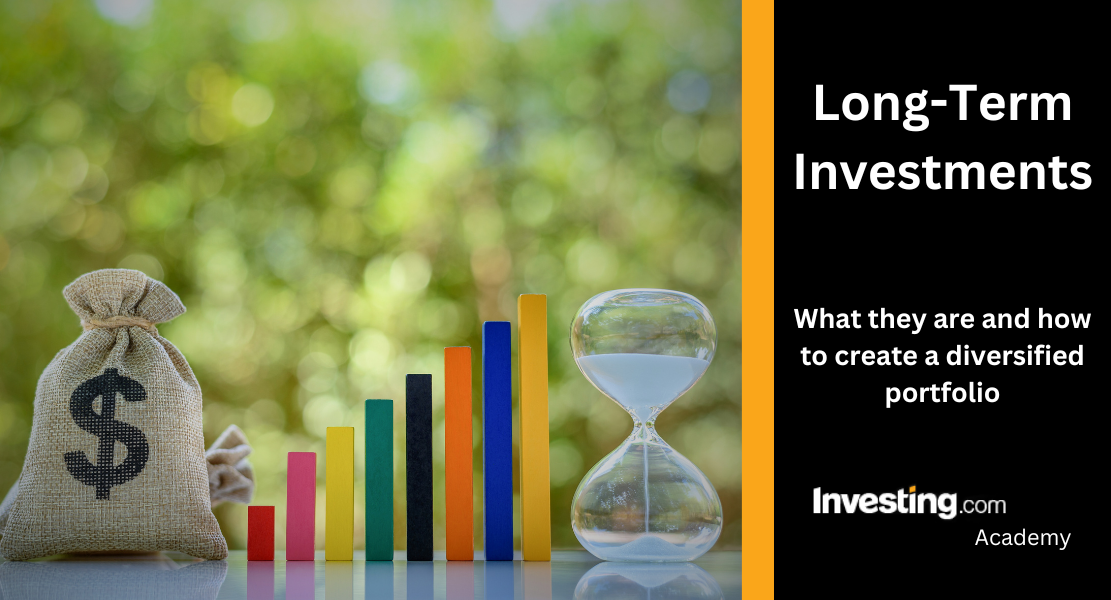In today’s fast-paced world, many people look for quick financial gains, but long-term investing remains one of the most reliable paths to wealth. It focuses on patience, discipline, and consistent growth rather than chasing short-term market movements.
One of the greatest advantages of long-term investing is the power of compounding. When returns are reinvested, they generate additional earnings over time. This snowball effect means that even modest contributions can grow significantly if left untouched for years. Albert Einstein famously called compounding the “eighth wonder of the world” because of its remarkable impact.
Long-term investing also helps reduce the impact of market volatility. While stock prices may fluctuate daily or yearly, history shows that markets generally trend upward over decades. Investors who hold onto their investments through downturns are often rewarded with substantial gains when markets recover.
Another benefit is reduced transaction costs. Frequent buying and selling can lead to high brokerage fees and taxes, eating into profits. Long-term investors, however, trade less frequently and keep more of their earnings.
Additionally, long-term strategies align with major life goals such as retirement, buying a home, or funding education. By starting early and contributing consistently, individuals can build financial security without relying on sudden windfalls.
Psychology also plays a role. Short-term trading can be stressful, requiring constant monitoring of markets and quick decisions under pressure. Long-term investing, on the other hand, promotes a calmer approach, focusing on fundamental company performance and economic trends rather than daily price swings.
That said, long-term investing still requires careful planning. Choosing a diversified portfolio, regularly reviewing progress, and staying disciplined during downturns are key. It’s also important to adjust strategies as life circumstances and goals change.
In conclusion, long-term investing is not about luck but about patience, strategy, and consistency. By embracing time as an ally, investors can achieve financial independence and meet their goals with confidence.

